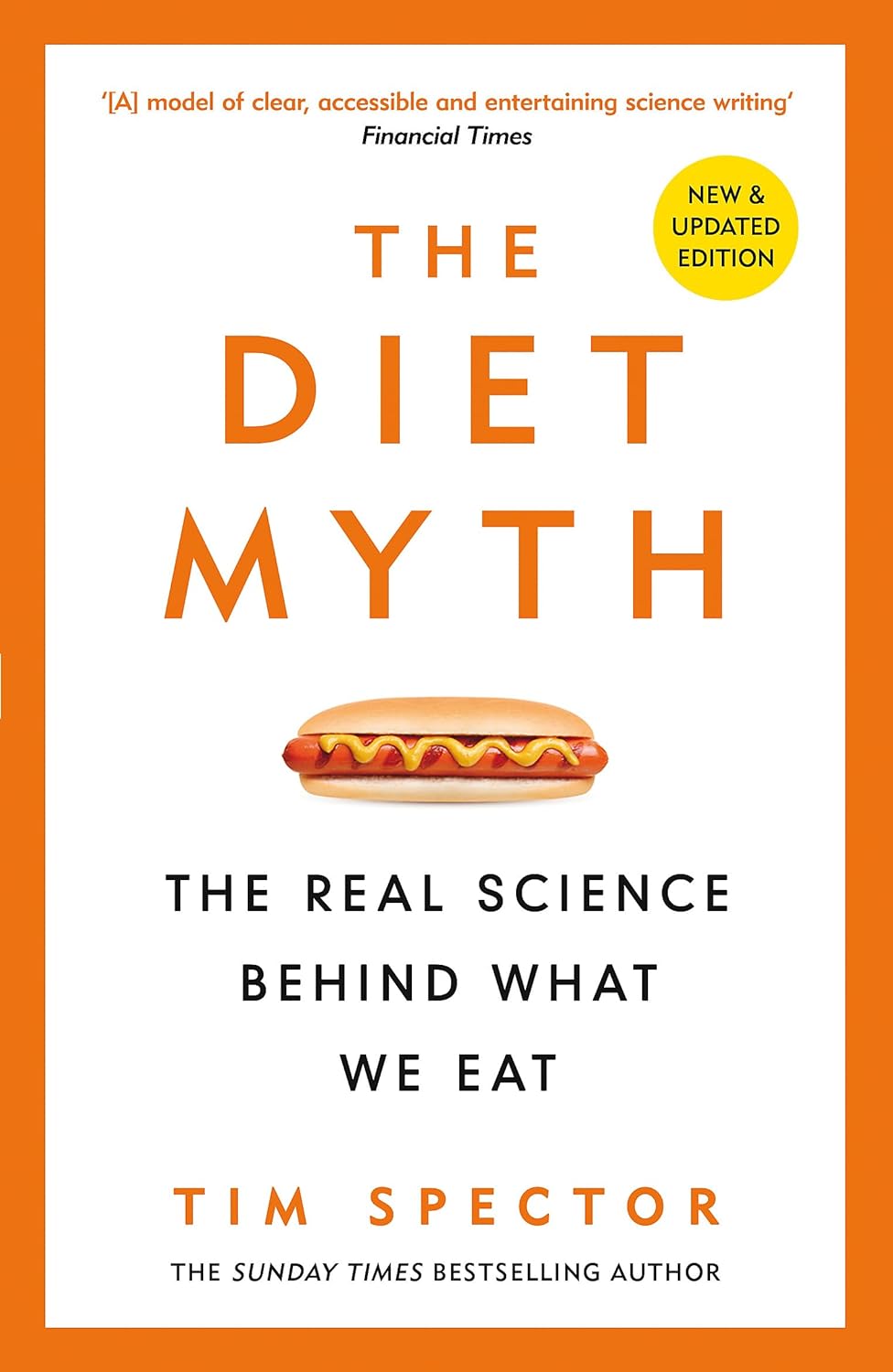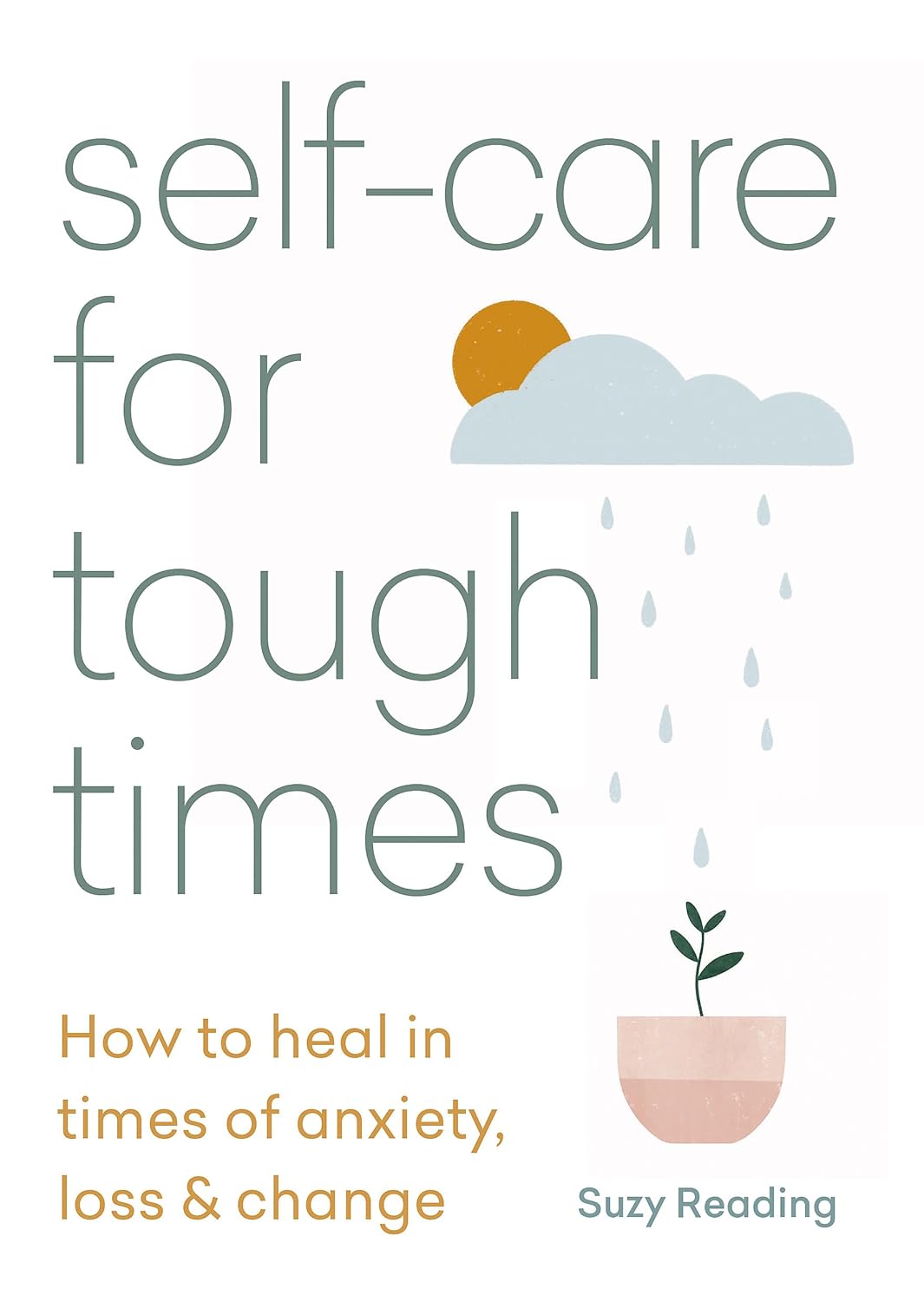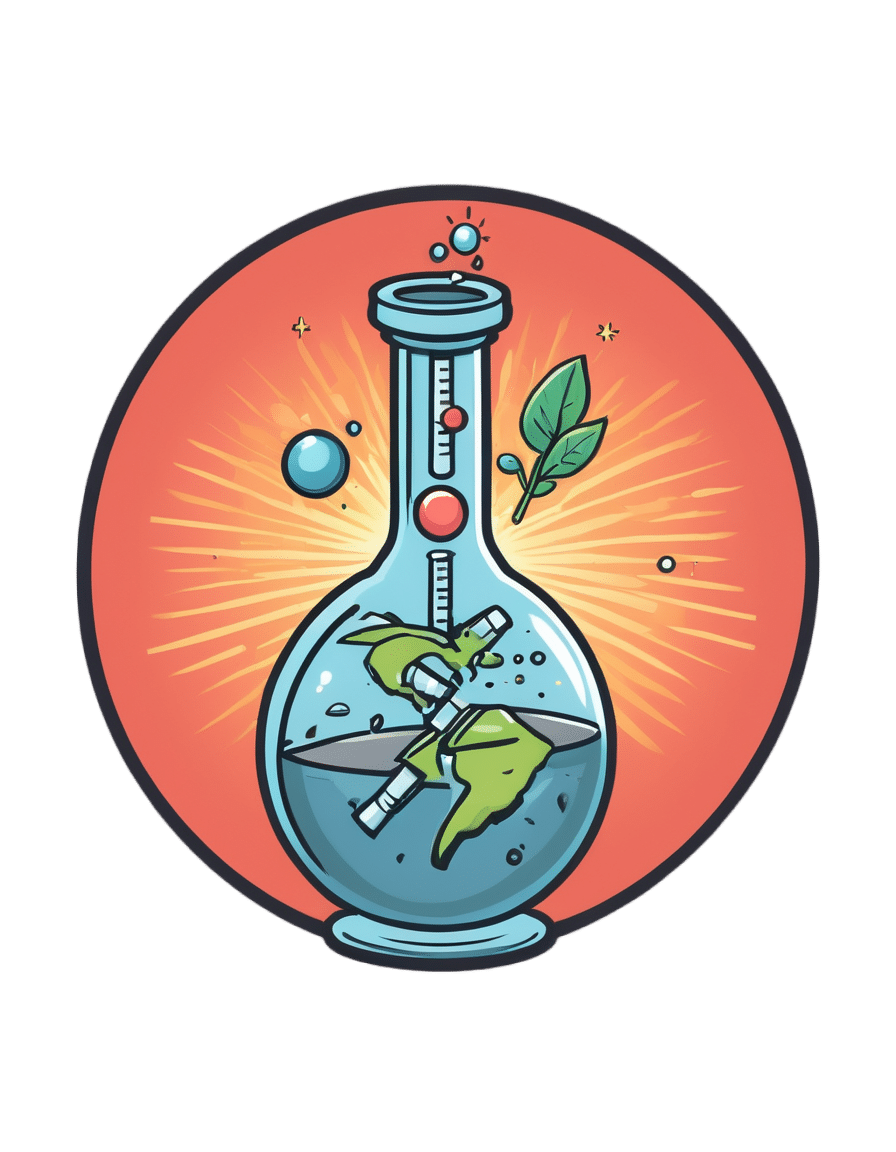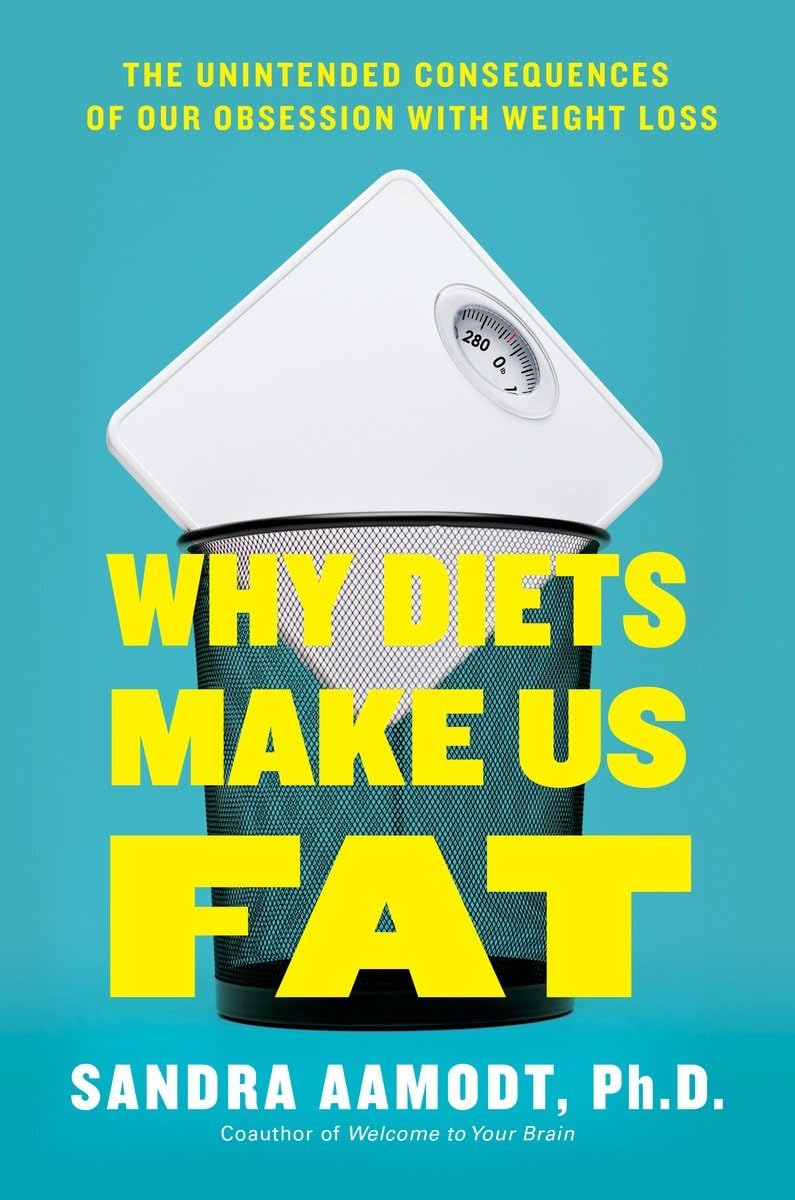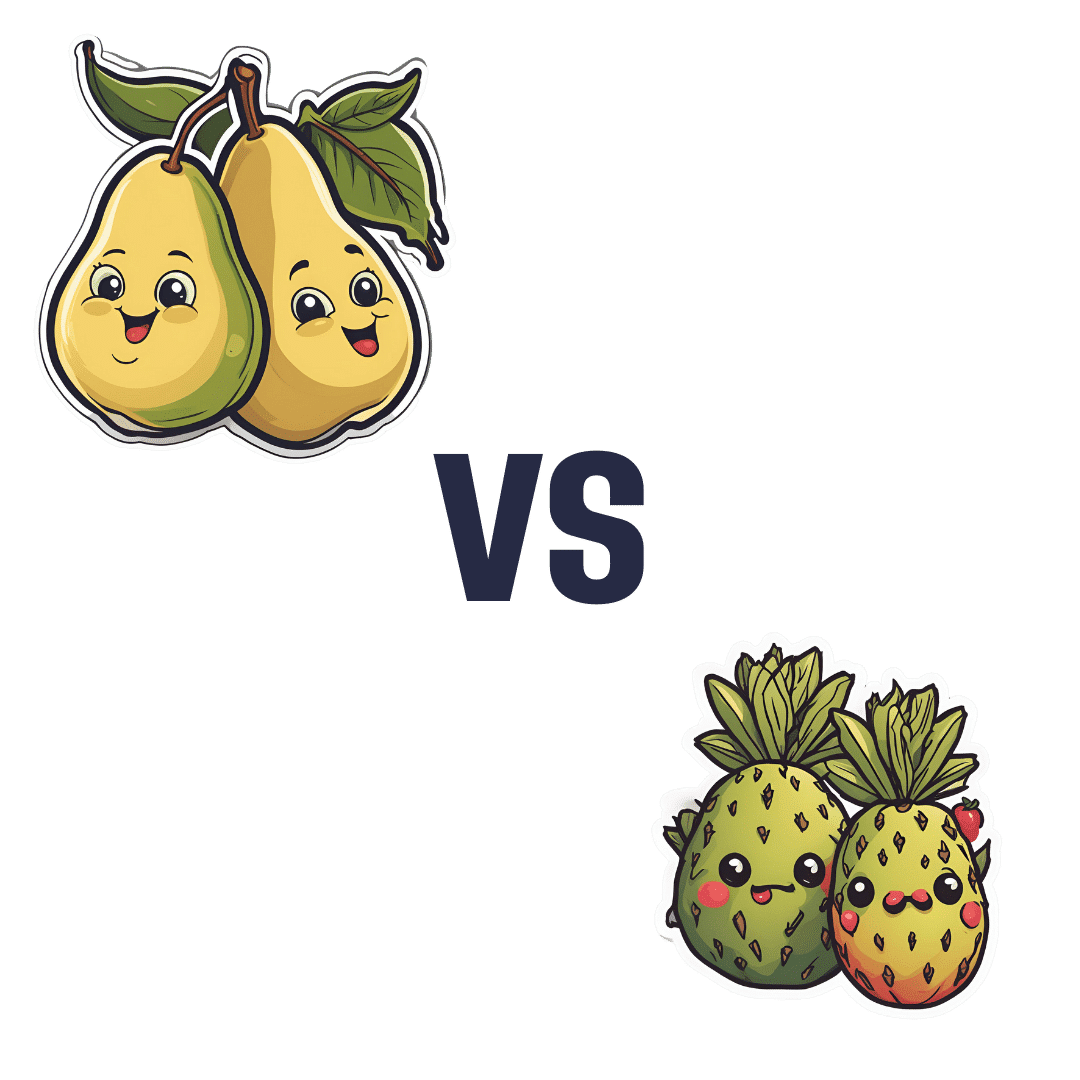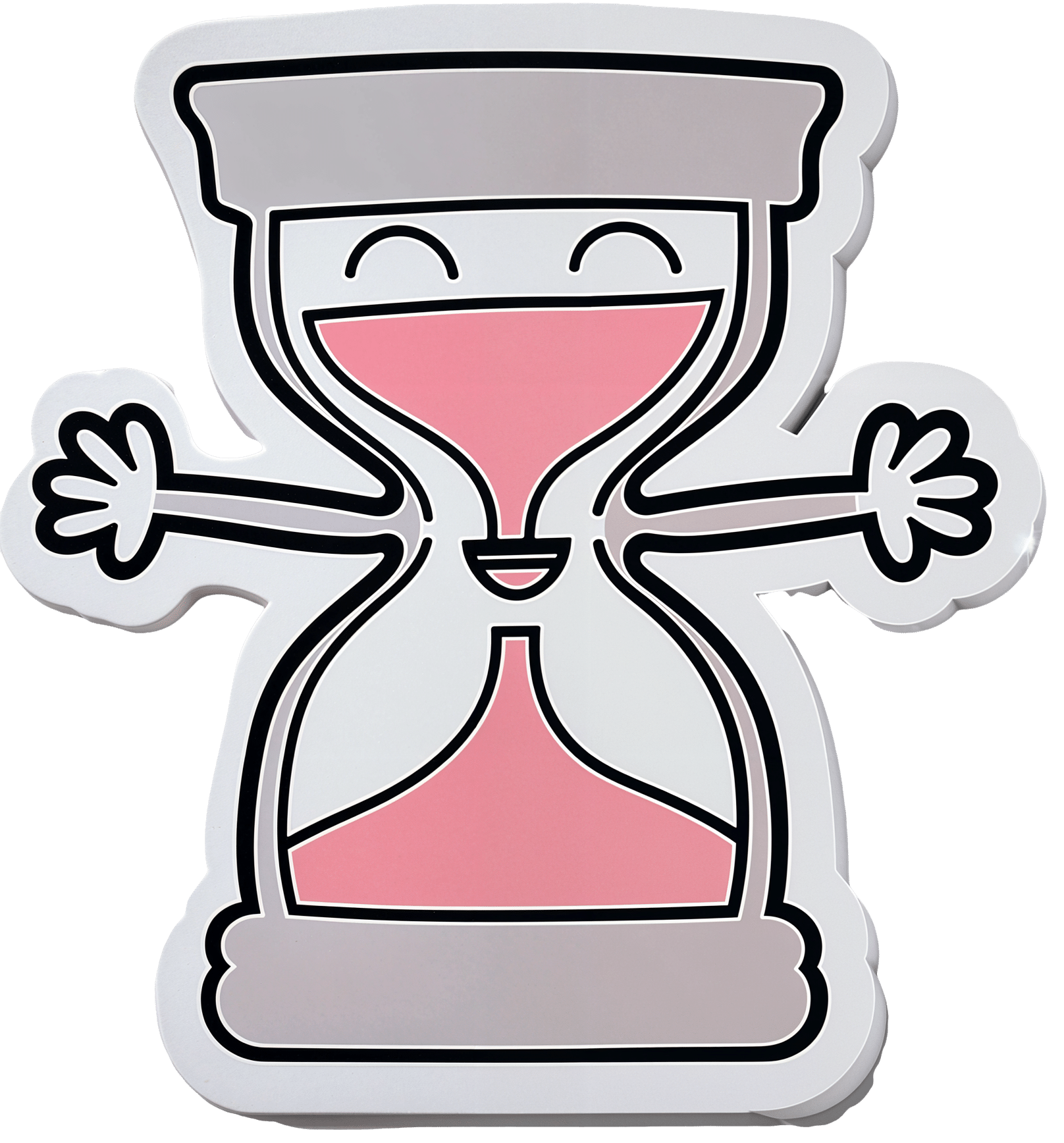
The Five Pillars Of Longevity
10almonds is reader-supported. We may, at no cost to you, receive a portion of sales if you purchase a product through a link in this article.
The Five Pillars Of Longevity
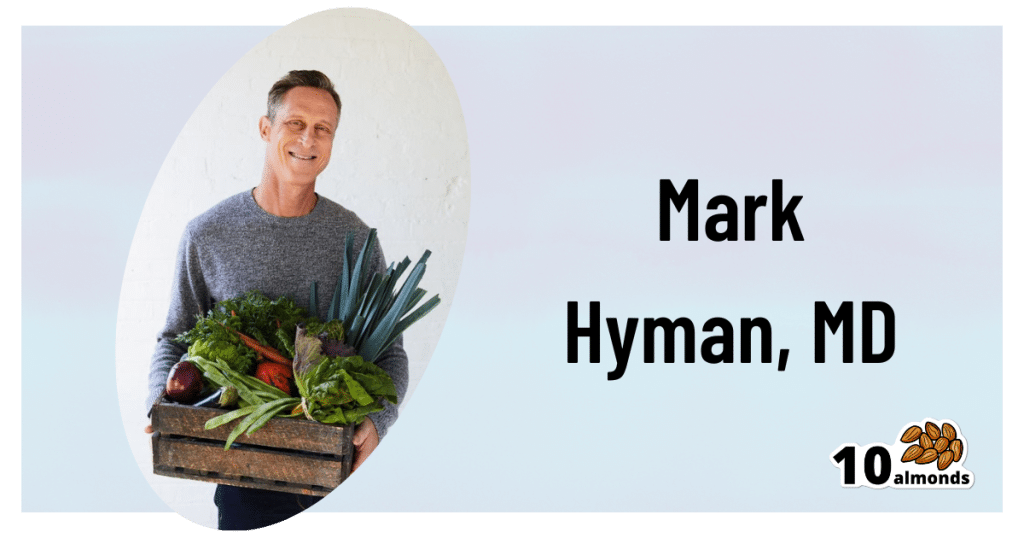
This is Dr. Mark Hyman. He’s a medical doctor, and he’s the board president of clinical affairs of the Institute for Functional Medicine. He’s also the founder and medical director of the UltraWellness Center!
What he’d like you to know about is what he calls the “Five Pillars of Longevity”.
Now, here at 10almonds, we often talk about certain things that science finds to be good for almost any health condition, and have made a habit of referencing what we call “The Usual Five Things™” (not really a trademark, by the way—just a figure of speech), which are:
- Have a good diet
- Get good exercise
- Get good sleep
- Reduce (or eliminate) alcohol consumption
- Don’t smoke
…and when we’re talking about a specific health consideration, we usually provide sources as to why each of them are particularly relevant, and pointers as to the what/how associated with them (ie what diet is good, how to get good sleep, etc).
Dr. Hyman’s “Five Pillars of Longevity” are based on observations from the world’s “Blue Zones”, the popular name for areas with an unusually high concentration of supercentenarians—Sardinia and Okinawa being famous examples, with a particular village in each being especially exemplary.
These Five Pillars of Longevity partially overlap with ours for three out of five, and they are:
- Good nutrition
- Optimized workouts
- Reduce stress
- Get quality sleep
- Find (and live) your purpose
We won’t argue against those! But what does he have to say, for each of them?
Good nutrition
Dr. Hyman advocates for a diet he calls “pegan”, which he considers to combine the paleo and vegan diets. Here at 10almonds, we generally advocate for the Mediterranean Diet because of the mountains of evidence for it, but his approach may be similar in some ways, since it looks to consume a majority plant diet, with some unprocessed meats/fish, limited dairy, and no grains.
By the science, honestly, we stand by the Mediterranean (which includes whole grains), but if for example your body may have issues of some kind with grains, his approach may be a worthy consideration.
Optimized workouts
For Dr. Hyman, this means getting in three kinds of exercise regularly:
- Aerobic/cardio, to look after your heart health
- Resistance training (e.g. weights or bodyweight strength-training) to look after your skeletal and muscular health
- Yoga or similar suppleness training, to look after your joint health
Can’t argue with that, and it can be all too easy to fall into the trap of thinking “I’m healthy because I do x” while forgetting y and/or z! Thus, a three-pronged approach definitely has its merits.
Reduce stress
Acute stress (say, a cold shower) is can confer some health benefits, but chronic stress is ruinous to our health and it ages us. So, reducing this is critical. Dr. Hyman advocates for the practice of mindfulness and meditation, as well as journaling.
Get quality sleep
Quality here, not just quantity. As well as the usual “sleep hygiene” advices, he has some more unorthodox methods, such as the use of binaural beats to increase theta-wave activity in the brain (and thus induce more restful sleep), and the practice of turning off Wi-Fi, on the grounds that Wi-Fi signals interfere with our sleep.
We were curious about these recommendations, so we checked out what the science had to say! Here’s what we found:
- Minimal Effects of Binaural Auditory Beats for Subclinical Insomnia: A Randomized Double-Blind Controlled Study
- Spending the night next to a router – Results from the first human experimental study investigating the impact of Wi-Fi exposure on sleep
In short: probably not too much to worry about in those regards. On the other hand, worrying less, unlike those two things, is a well-established way improve sleep!
(Surprised we disagreed with our featured expert on a piece of advice? Please know: you can always rely on us to stand by what the science says; we pride ourselves on being as reliable as possible!)
Find (and live!) your purpose
This one’s an ikigai thing, to borrow a word from Japanese, or finding one’s raison d’être, as we say in English using French, because English is like that. It’s about having purpose.
Dr. Hyman’s advice here is consistent with what many write on the subject, and it’d be an interesting to have more science on, but meanwhile, it definitely seems consistent with commonalities in the Blue Zone longevity hotspots, where people foster community, have a sense of belonging, know what they are doing for others and keep doing it because they want to, and trying to make the world—or even just their little part of it—better for those who will follow.
Being bitter, resentful, and self-absorbed is not, it seems a path to longevity. But a life of purpose, or even just random acts of kindness, may well be.
Don’t Forget…
Did you arrive here from our newsletter? Don’t forget to return to the email to continue learning!
Recommended
Learn to Age Gracefully
Join the 98k+ American women taking control of their health & aging with our 100% free (and fun!) daily emails:
-
The Diet Myth – by Dr. Tim Spector
10almonds is reader-supported. We may, at no cost to you, receive a portion of sales if you purchase a product through a link in this article.
Why are we supposed to go low-carb, but get plenty of whole grains? Avoid saturated fat, but olive oil is one of the healthiest fats around? Will cheese kill us or save us? Even amongst the well-informed, there’s a lot of confusion. This book addresses these and many such topics.
A main theme of the book is howa lot of it relates to the state of our gut microbiome, and what is good or bad for that. He also discusses, for example, how microbes predict obesity better than genes, and the good news is: we can change our microbes a lot more easily than we can change our genes!
In the category of criticism, he repeats some decades-old bad science in some areas outside of his field (i.e. unrelated to nutrition), so that’s unfortunate, and/but doesn’t detract from the value of the book if we keep to the main topic.
Bottom line: if you’d like to understand better the physiology and microbiology behind why dieting does work for most people (and how to do it better), then this is a great book for that.
Click here to check out The Diet Myth, and learn the science behind the confusion!
Share This Post
-
Self-Care for Tough Times – by Suzy Reading
10almonds is reader-supported. We may, at no cost to you, receive a portion of sales if you purchase a product through a link in this article.
A note on the author: while not “Dr. Reading”, she is a “CPsychol, B Psych (Hons), M Psych”; a Chartered Psychologist specializing in wellbeing, stress management and facilitation of healthy lifestyle change. So this is coming from a place of research and evidence!
The kinds of “tough times” she has in mind are so numerous that listing them takes two pages in the book, so we won’t try here. But suffice it to say, there are a lot of things that can go wrong for us as humans, and this book addresses how to take care of ourselves mindfully in light of them.
The author takes a “self-care is health care” approach, and goes about things with a clinical mindset and/but a light tone, offering both background information, and hands-on practical advice.
Bottom line: there may be troubles ahead (and maybe you’re in the middle of troubles right now), but there’s always room for a little sunshine too.
Click here to check out Self-Care For Tough Times, and care for yourself in tough times!
Share This Post
-
Hope: A research-based explainer
10almonds is reader-supported. We may, at no cost to you, receive a portion of sales if you purchase a product through a link in this article.
This year, more than 60 countries, representing more than 4 billion people, will hold major elections. News headlines already are reporting that voters are hanging on to hope. When things get tough or don’t go our way, we’re told to hang on to hope. HOPE was the only word printed on President Barack Obama’s iconic campaign poster in 2008.
Research on hope has flourished only in recent decades. There’s now a growing recognition that hope has a role in physical, social, and mental health outcomes, including promoting resilience. As we embark on a challenging year of news, it’s important for journalists to learn about hope.
So what is hope? And what does the research say about it?
Merriam-Webster defines hope as a “desire accompanied by expectation of or belief in fulfillment.” This definition highlights the two basic dimensions of hope: a desire and a belief in the possibility of attaining that desire.
Hope is not Pollyannaish optimism, writes psychologist Everett Worthington in a 2020 article for The Conversation. “Instead, hope is a motivation to persevere toward a goal or end state, even if we’re skeptical that a positive outcome is likely.”
There are several scientific theories about hope.
One of the first, and most well-known, theories on hope was introduced in 1991 by American psychologist Charles R. Snyder.
In a paper published in the Journal of Personality and Social Psychology, Snyder defined hope as a cognitive trait centered on the pursuit of goals and built on two components: a sense of agency in achieving a goal, and a perceived ability to create pathways to achieve that goal. He defined hope as something individualistic.
Snyder also introduced the Hope Scale, which continues to be used today, as a way to measure hope. He suggested that some people have higher levels of hope than others and there seem to be benefits to being more hopeful.
“For example, we would expect that higher as compared with lower hope people are more likely to have a healthy lifestyle, to avoid life crises, and to cope better with stressors when they are encountered,” they write.
Others have suggested broader definitions.
In 1992, Kaye Herth, a professor of nursing and a scholar on hope, defined hope as “a multidimensional dynamic life force characterized by a confident yet uncertain expectation of achieving good, which to the hoping person, is realistically possible and personally significant.” Herth also developed the Herth Hope Index, which is used in various settings, including clinical practice and research.
More recently, others have offered an even broader definition of hope.
Anthony Scioli, a clinical psychologist and author of several books on hope, defines hope “as an emotion with spiritual dimensions,” in a 2023 review published in Current Opinion in Psychology. “Hope is best viewed as an ameliorating emotion, designed to fill the liminal space between need and reality.”
Hope is also nuanced.
“Our hopes may be active or passive, patient or critical, private or collective, grounded in the evidence or resolute in spite of it, socially conservative or socially transformative,” writes Darren Webb in a 2007 study published in History of the Human Sciences. “We all hope, but we experience this most human of all mental feelings in a variety of modes.”
To be sure, a few studies have shown that hope can have negative outcomes in certain populations and situations. For example, one study highlighted in the research roundup below finds that Black college students who had higher levels of hope experienced more stress due to racial discrimination compared with Black students who had lower levels of hope.
Today, hope is one of the most well-studied constructs within the field of positive psychology, according to the journal Current Opinion in Psychology, which dedicated its August 2023 issue to the subject. (Positive psychology is a branch of psychology focused on characters and behaviors that allow people to flourish.)
We’ve gathered several studies below to help you think more deeply about hope and recognize its role in your everyday lives.
Research roundup
The Role of Hope in Subsequent Health and Well-Being For Older Adults: An Outcome-Wide Longitudinal Approach
Katelyn N.G. Long, et al. Global Epidemiology, November 2020.The study: To explore the potential public health implications of hope, researchers examine the relationship between hope and physical, behavioral and psychosocial outcomes in 12,998 older adults in the U.S. with a mean age of 66.
Researchers note that most investigations on hope have focused on psychological and social well-being outcomes and less attention has been paid to its impact on physical and behavioral health, particularly among older adults.
The findings: Results show a positive association between an increased sense of hope and a variety of behavioral and psychosocial outcomes, such as fewer sleep problems, more physical activity, optimism and satisfaction with life. However, there wasn’t a clear association between hope and all physical health outcomes. For instance, hope was associated with a reduced number of chronic conditions, but not with stroke, diabetes and hypertension.
The takeaway: “The later stages of life are often defined by loss: the loss of health, loved ones, social support networks, independence, and (eventually) loss of life itself,” the authors write. “Our results suggest that standard public health promotion activities, which often focus solely on physical health, might be expanded to include a wider range of factors that may lead to gains in hope. For example, alongside community-based health and nutrition programs aimed at reducing chronic conditions like hypertension, programs that help strengthen marital relations (e.g., closeness with a spouse), provide opportunities to volunteer, help lower anxiety, or increase connection with friends may potentially increase levels of hope, which in turn, may improve levels of health and well-being in a variety of domains.”
Associated Factors of Hope in Cancer Patients During Treatment: A Systematic Literature Review
Corine Nierop-van Baalen, Maria Grypdonck, Ann van Hecke and Sofie Verhaeghe. Journal of Advanced Nursing, March 2020.The study: The authors review 33 studies, written in English or Dutch and published in the past decade, on the relationship between hope and the quality of life and well-being of patients with cancer. Studies have shown that many cancer patients respond to their diagnosis by nurturing hope, while many health professionals feel uneasy when patients’ hopes go far beyond their prognosis, the authors write.
The findings: Quality of life, social support and spiritual well-being were positively associated with hope, as measured with various scales. Whereas symptoms, psychological distress and depression had a negative association with hope. Hope didn’t seem to be affected by the type or stage of cancer or the patient’s demographics.
The takeaway: “Hope seems to be a process that is determined by a person’s inner being rather than influenced from the outside,” the authors write. “These factors are typically given meaning by the patients themselves. Social support, for example, is not about how many patients experience support, but that this support has real meaning for them.”
Characterizing Hope: An Interdisciplinary Overview of the Characteristics of Hope
Emma Pleeging, Job van Exel and Martijn Burger. Applied Research in Quality of Life, September 2021.The study: This systematic review provides an overview of the concept of hope based on 66 academic papers in ten academic fields, including economics and business studies, environmental studies, health studies, history, humanities, philosophy, political science, psychology, social science, theology and youth studies, resulting in seven themes and 41 sub-themes.
The findings: The authors boil down their findings to seven components: internal and external sources, the individual and social experience of hope, internal and external effects, and the object of hope, which can be “just about anything we can imagine,” the authors write.
The takeaway: “An important implication of these results lies in the way hope is measured in applied and scientific research,” researchers write. “When measuring hope or developing instruments to measure it, researchers could be well-advised to take note of the broader understanding of the topic, to prevent that important characteristics might be overlooked.”
Revisiting the Paradox of Hope: The Role of Discrimination Among First-Year Black College Students
Ryon C. McDermott, et al. Journal of Counseling Psychology, March 2020.The study: Researchers examine the moderating effects of hope on the association between experiencing racial discrimination, stress and academic well-being among 203 first-year U.S. Black college students. They build on a small body of evidence that suggests high levels of hope might have a negative effect on Black college students who experience racial discrimination.
The authors use data gathered as part of an annual paper-and-pencil survey of first-year college students at a university on the Gulf Coast, which the study doesn’t identify.
The findings: Researchers find that Black students who had higher levels of hope experienced more stress due to racial discrimination compared with students who had lower levels of hope. On the other hand, Black students with low levels of hope may be less likely to experience stress when they encounter discrimination.
Meanwhile, Black students who had high levels of hope were more successful in academic integration — which researchers define as satisfaction with and integration into the academic aspects of college life — despite facing discrimination. But low levels of hope had a negative impact on students’ academic well-being.
“The present study found evidence that a core construct in positive psychology, hope, may not always protect Black students from experiencing the psychological sting of discrimination, but it was still beneficial to their academic well-being,” the authors write.
The takeaway: “Our findings also highlight an urgent need to reduce discrimination on college campuses,” the researchers write. “Reducing discrimination could help Black students (and other racial minorities) avoid additional stress, as well as help them realize the full psychological and academic benefits of having high levels of hope.”
Additional reading
Hope Across Cultural Groups Lisa M. Edwards and Kat McConnell. Current Opinion in Psychology, February 2023.
The Psychology of Hope: A Diagnostic and Prescriptive Account Anthony Scioli. “Historical and Multidisciplinary Perspectives on Hope,” July 2020.
Hope Theory: Rainbows in the Mind C.R. Snyder. Psychological Inquiry, 2002
This article first appeared on The Journalist’s Resource and is republished here under a Creative Commons license.
Share This Post
Related Posts
-
Why Diets Make Us Fat – by Dr. Sandra Aamodt
10almonds is reader-supported. We may, at no cost to you, receive a portion of sales if you purchase a product through a link in this article.
It’s well-known that crash-dieting doesn’t work. Restrictive diets will achieve short-term weight loss, but it’ll come back later. In the long term, weight creeps slowly upwards. Why?
Dr. Sandra Aamodt explores the science and sociology behind this phenomenon, and offers an evidence-based alternative.
A lot of the book is given over to explanations of what is typically going wrong—that is the title of the book, after all. From metabolic starvation responses to genetics to the negative feedback loop of poor body image, there’s a lot to address.
However, what alternative does she propose?
The book takes us on a shift away from focusing on the numbers on the scale, and more on building consistent healthy habits. It might not feel like it if you desperately want to lose weight, but it’s better to have healthy habits at any weight, than to have a wreck of physical and mental health for the sake of a lower body mass.
Dr. Aamodt lays out a plan for shifting perspectives, building health, and letting weight loss come by itself—as a side effect, not a goal.
In fact, as she argues (in agreement with the best current science, science that we’ve covered before at 10almonds, for that matter), that over a certain age, people in the “overweight” category of BMI have a reduced mortality risk compared to those in the “healthy weight” category. It really underlines how there’s no point in making oneself miserably unhealthy with the end goal of having a lighter coffin—and getting it sooner.
Bottom line: will this book make you hit those glossy-magazine weight goals by your next vacation? Quite possibly not, but it will set you up for actually healthier living, for life, at any weight.
Click here to check out Why Diets Make Us Fat, and live healthier and better!
Don’t Forget…
Did you arrive here from our newsletter? Don’t forget to return to the email to continue learning!
Learn to Age Gracefully
Join the 98k+ American women taking control of their health & aging with our 100% free (and fun!) daily emails:
-
How To Actually Start A Healthy Lifestyle In The New Year
10almonds is reader-supported. We may, at no cost to you, receive a portion of sales if you purchase a product through a link in this article.
Dr. Faye Bate cuts through the trends to give advice that’ll last past January the 2nd:
What actually works
…and is actually easy to implement:
Avoid an All-or-Nothing Mindset
- Strict, perfectionist approaches often lead to failure and guilt.
- Small, balanced efforts can be imperfect without being failures!
- Sustainable habits should integrate seamlessly into daily life..
Focus on Unprocessed vs. Processed Foods
- Don’t worry overly about calorie counts unless you have a very specific medical reason to do so.
- Prioritize minimally processed, nutrient-dense foods over highly processed, empty-calorie-dense options.
- Moderation is key—processed foods don’t need to be eliminated entirely; taking things down by just one tier of processing is already an improvement.
Choose Enjoyable Exercise
- The best exercise is one you enjoy and can maintain long-term. If something’s not enjoyable, you’ll soon give it up.
- Trends in fitness shouldn’t dictate your routine—do what works for you.
- Same goes for “body goals”—fashions come and go, while you’re still going to have more or less the same basic body, so work with it rather than against it.
Prioritize Convenience
- Convenience plays a critical role in maintaining healthy habits, for similar reasons to the enjoyment (very few people enjoy inconvenience)
- Example from Dr. Bate: switching to a closer gym led to consistent workouts despite a busy schedule.
- Apply the same principle to food: plan ahead and stock convenient, healthy options (e.g. frozen vegetables etc).
Keep It Simple
- Do follow basic health advice: drink water, eat fruits and vegetables, move your body, and see a doctor if needed.
- Avoid being swayed by sensationalized health trends and headlines designed to sell products—if you want it for a good while first, then maybe you’ll actually use it more than twice.
- Stick to evidence-based, straightforward habits for long-term health. And check the evidence for yourself! Do not just believe claims!
In short: you will more likely tend to do things that are enjoyable and not too difficult. Start there and work up, keeping things simple along the way. It doesn’t matter if it’s not how everyone else does it; if it works for you, it works for you!
For more on all of these, enjoy:
Click Here If The Embedded Video Doesn’t Load Automatically!
Want to learn more?
You might also like to read:
The Science Of New Year’s Pre-Resolutions
Take care!
Don’t Forget…
Did you arrive here from our newsletter? Don’t forget to return to the email to continue learning!
Learn to Age Gracefully
Join the 98k+ American women taking control of their health & aging with our 100% free (and fun!) daily emails:
-
Pear vs Prickly Pear – Which is Healthier?
10almonds is reader-supported. We may, at no cost to you, receive a portion of sales if you purchase a product through a link in this article.
Our Verdict
When comparing pear to prickly pear, we picked the prickly.
Why?
Both of these fruits are fine and worthy choices, but the prickly pear wins out in nutritional density.
Looking at the macros to start with, the prickly pear is higher in fiber and lower in carbs, resulting in a much lower glycemic index. However, non-prickly pears are already low GI, so this is not a huge matter. Whether it’s pear’s GI of 38 or prickly pear’s GI of 7, you’re unlikely to experience a glucose spike.
In the category of vitamins, pear has a little more of vitamins B5, B9, E, K, and choline, but the margins are tiny. On the other hand, prickly pear has more of vitamins A, B1, B2, B3, B6, and C, with much larger margins of difference (except vitamin B1; that’s still quite close). Even before taking margins of difference into account, this is a slight win for prickly pear.
When it comes to minerals, things are more pronounced; pear has more manganese, while prickly pear has more calcium, iron, magnesium, phosphorus, potassium, selenium, and zinc.
In short, both pears are great (so do enjoy the pair), but prickly pear is the clear winner where one must be declared.
Want to learn more?
You might like to read:
Apple vs Pear – Which is Healthier?
Take care!
Don’t Forget…
Did you arrive here from our newsletter? Don’t forget to return to the email to continue learning!
Learn to Age Gracefully
Join the 98k+ American women taking control of their health & aging with our 100% free (and fun!) daily emails:


